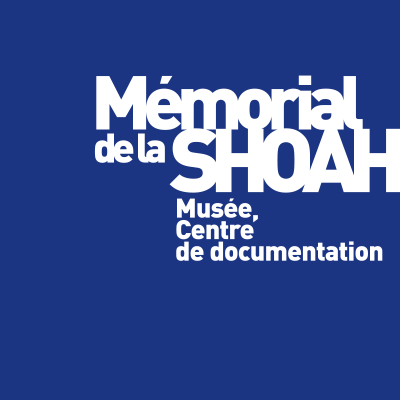New exhibitions for rent
Discover the new exhibition themes for rent.
novelty! Spirou in the turmoil of the Shoah
Is there a connection between Spirou, the Belgian comic strip hero, and Felix Nussbaum, the German painter of the New Objectivity, assassinated at Auschwitz? Émile Bravo, in his graphic novel Spirou. L'Espoir malgré tout, published by Dupuis editions, makes this fictional character rub shoulders with this real figure, a victim of the Shoah. The fictional meeting between Spirou, Felix Nussbaum and his wife, Felka Platek, deported in 1944 to Auschwitz, leads the comic book character into the turmoil of the Shoah.
learn more
novelty! THE END OF THE HOLOCAUST AND THE NAZI CONCENTRATION CAMP UNIVERSE (1944-1948). SURVIVE, TESTIFY, JUDGE
Theme of the CNRD
This exhibition addresses the discovery of the camps by the Allied armies (American, British, French and Soviet), the repatriation of deportees and the attempts at reconstruction, as well as the gradual awareness of the reality of the Nazi concentration camp universe and the need to judge the perpetrators of these crimes. The exhibition also highlights the testimonies of survivors and their life itineraries. It is illustrated by excerpts from personal journals, archival documents and images, maps and lexicons. It thus constitutes a valuable resource to shed light on the theme of the National Contest of Resistance and Deportation 2025-2026.
Learn more
Discover the other exhibition themes
